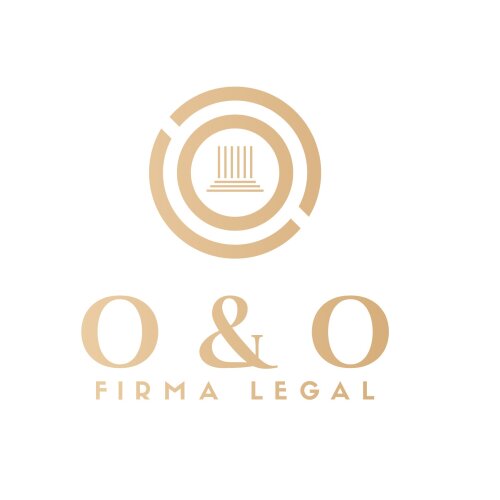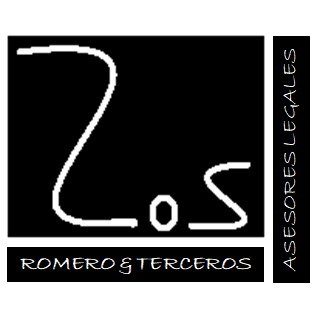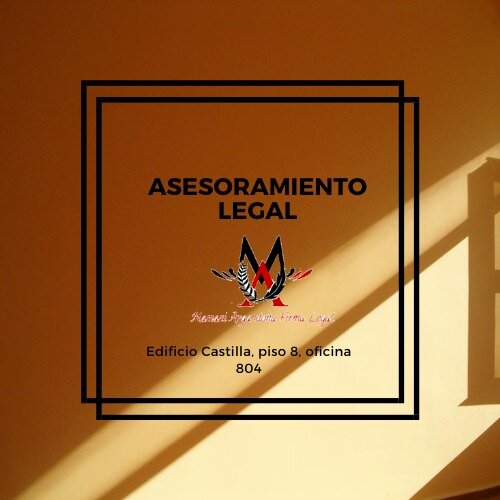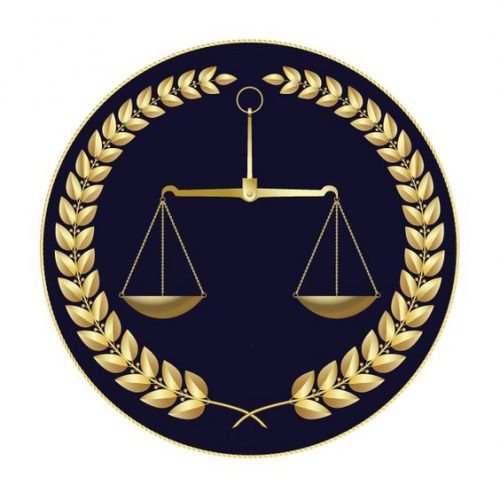Best Business Lawyers in Bolivia
Share your needs with us, get contacted by law firms.
Free. Takes 2 min.
Or refine your search by selecting a city:
List of the best lawyers in Bolivia
About Business Law in Bolivia
Business law in Bolivia is governed by a combination of local legislation and international agreements. The legal framework is designed to regulate commercial activities, ensuring fair competition, protecting consumer rights, and facilitating domestic and foreign investments. Bolivia's strategic location in South America, combined with its natural resources, makes it an attractive destination for businesses. However, navigating the business landscape requires a clear understanding of the country’s legal obligations, regulations, and the economic environment.
Why You May Need a Lawyer
Engaging a lawyer for business purposes in Bolivia can be essential for various reasons:
- Establishing a business entity or partnership appropriately in compliance with local laws.
- Drafting and reviewing contracts to safeguard interests and ensure enforceability.
- Understanding and adhering to employment regulations when hiring staff.
- Navigating complex tax obligations specific to different industries.
- Addressing disputes with clients, suppliers, or partners, including mediation and litigation.
- Handling intellectual property concerns, such as trademarks and copyrights.
Local Laws Overview
Some key aspects of Bolivian business laws include:
- The Commercial Code of Bolivia governs business entities, corporate structures, and commercial practices.
- Property rights and intellectual property are safeguarded by specific statutes that align with international guidelines.
- The Bolivian Labor Law addresses the rights and obligations of employers and employees, covering wage policies, working hours, and workplace safety.
- Taxation laws, including the General Tax Law, outline obligations for corporate and personal taxes, VAT, and other business-related taxes.
- The Consumer Protection Law safeguards consumer rights, ensuring products and services meet necessary standards.
Frequently Asked Questions
1. What are the main types of business entities in Bolivia?
Common business entities include sole proprietorships, partnerships, limited liability companies, and corporations. Each type has specific legal requirements and implications.
2. How can a foreigner start a business in Bolivia?
Foreigners must adhere to the same legal requirements as locals, including registering the business, obtaining necessary permits, and ensuring compliance with Bolivian investment laws.
3. Are there any restrictions on foreign investments?
While Bolivia is open to foreign investment, there may be specific sectors with restrictions or additional requirements.
4. What taxes do businesses need to pay?
Businesses may be subject to income tax, value-added tax (VAT), and other local taxes depending on the nature of operations and location.
5. Is it necessary to have a lawyer for business negotiations?
While not mandatory, having a lawyer can help navigate complex negotiations and protect your interests legally.
6. How does the intellectual property system work in Bolivia?
Intellectual property rights are protected by laws that comply with international treaties, requiring registration with the National Intellectual Property Service for enforcement.
7. How does Bolivian labor law impact businesses?
Labor law covers various aspects including hiring, wages, contracts, and termination processes, emphasizing employee rights and obligations.
8. What are the main regulatory bodies for business in Bolivia?
Several regulatory bodies oversee different sectors, including the Bolivian Tax Service, the Ministry of Economy and Public Finance, and the Bolivian Plurinational Legislative Assembly.
9. Can business disputes be resolved out of court?
Yes, disputes can often be resolved through mediation or arbitration before seeking legal proceedings in court.
10. What are the steps for closing a business in Bolivia?
Closing a business involves settling debts, filing final taxes, and formally deregistering the business with relevant authorities.
Additional Resources
For further assistance, consider the following resources:
- The Bolivian Chamber of Commerce provides guidance and support for businesses operating in Bolivia.
- The Bolivian Tax Service offers information on tax regulations and compliance requirements.
- The Ministry of Economy and Public Finance is a valuable resource for understanding economic policies and investments.
Next Steps
If you need legal assistance for your business in Bolivia, it is advisable to:
- Research and select a qualified lawyer with experience in Bolivian business law.
- Prepare a list of questions and concerns to discuss with your legal advisor.
- Gather all necessary documents relevant to your business inquiry or legal issue.
- Consider consulting multiple legal professionals to compare advice and options.
Lawzana helps you find the best lawyers and law firms in Bolivia through a curated and pre-screened list of qualified legal professionals. Our platform offers rankings and detailed profiles of attorneys and law firms, allowing you to compare based on practice areas, including Business, experience, and client feedback.
Each profile includes a description of the firm's areas of practice, client reviews, team members and partners, year of establishment, spoken languages, office locations, contact information, social media presence, and any published articles or resources. Most firms on our platform speak English and are experienced in both local and international legal matters.
Get a quote from top-rated law firms in Bolivia — quickly, securely, and without unnecessary hassle.
Disclaimer:
The information provided on this page is for general informational purposes only and does not constitute legal advice. While we strive to ensure the accuracy and relevance of the content, legal information may change over time, and interpretations of the law can vary. You should always consult with a qualified legal professional for advice specific to your situation.
We disclaim all liability for actions taken or not taken based on the content of this page. If you believe any information is incorrect or outdated, please contact us, and we will review and update it where appropriate.
Browse business law firms by service in Bolivia
Bolivia Attorneys in related practice areas.
Browse business law firms by city in Bolivia
Refine your search by selecting a city.

















